I don't know about you, but I'm still pretty traumatized from the season 5 finale of Game of Thrones.
*NOTE: If you are not up to date on watching Game of Thrones and seek to avoid any spoilers, I suggest you stop reading this month's blog post right now.*
**Or, you know, continue at your own risk . . .
Anyway, after Jon Snow gets stabbed (told you there will be spoilers) it seemed like the entire Internet broke down into madness.
We still don't know the exact details if Jon Snow is really dead or not – although he looked pretty dead to me. Regardless, dead, alive, maybe something in between, when you saw him lying in the snow surrounded by a pool of his own blood, you fell into a deep emotional pit of despair.
While also constantly asking yourself why George R.R. Martin keeps finding new and creative ways to ruin your life.
You know, after these favorite characters of mine were killed off as well:
I promise that next month's blog post will be a little more uplifting than this one.
Until then, let's take a quick walk down memory lane to revisit our favorite literary characters who died too soon.
Because, let's be honest, you're still not quite over their deaths.
#10: Everyone Who Has Ever Died In The Harry Potter Books
Doesn't this just make you want to crawl in a hole and drown in your own tears?
Way before Game of Thrones conditioned us to lower our standards of developing close attachments to any characters, our childhood was briefly tainted by the deaths of the literary characters in the Harry Potter books.
Where were you when you read The Goblet of Fire and came across this line:
In my room, freaking out and throwing the book against the wall.
I was also crying, and scarred for life.
Or when you read The Order of the Phoenix and couldn't fall asleep because you just finished reading this:
You kind of had a Jon Snow moment when you weren't quite sure if Harry Potter's godfather had survived Bellatrix Lestrange's killing curse. But sure enough, after you got tired from convincing yourself that Sirius Black wasn't dead, you gave up and begrudgingly accepted that yes, Sirius Black was in fact very dead.
You also almost lost faith in the books by this point in the series.
But of course, how can you forget Snape's death in The Deathly Hallows:
" 'Look . . . at . . . me . . .' he whispered. The green eyes found the black, but after a second, something in the depths of the dark pair seemed to vanish, leaving them fixed, blank, and empty. The hand holding Harry thudded to the floor, and Snape moved no more." – The Deathly Hallows
ALWAYS!
Think about it.
If you think George R.R. Martin is bad, imagine dedicating yourself to read this paperweight of a novel – clocking in at about 864 pages, longer than Harry Potter and the Deathly Hallows. Most people would give up in weeks or months, but if you're truly committed to finishing this novel, it might even take years off your life to read.
UNTIL . . .
Tolstoy kills Anna off at the end.
But not only did Tolstoy kill off your favorite character, he also wasting you time caring for that very character he ends up killing.
If anything, Tolstoy ends up killing you at the end!
Only to feel a pang of confusion and regret when its too late.
And Tolstoy ruins your life for good.
Lies!
Literature!
Gustav Flaubert's French bourgeois novel of life and all its inglorious banality introduces his readers to his main character, Emma Bovary, a bored provincial housewife who abandons her husband to pursue the libertine Rodolphe in a desperate love affair . . .
All leading up to her suicide at the end of the novel.
Thankfully – unlike Tolstoy – Madam Bovary clocks in at 384 pages, so at least you don't feel like you've wasted half of your life reading about an adulteress woman who ends up poisoning herself.
But hey, at least it's a less gruesome death than THROWING YOURSELF UNDER A TRAIN ANNA KARENINA!
Anyway, what made Emma's death all the more tragic is her idyllic nature. Since her girlhood in a convent, she had read romantic novels that fed her discontent with her ordinary life. In a way, she's like Catherine Morland from Jane Austen's Northanger Abbey; except Catherine was obsessed with Gothic novels and acknowledged the fact that her imagination could sometimes gets the best of her.
For Emma Bovary, it was already too late.
She dreams of the purest most impossible forms of love and wealth, while ignoring whatever beauty is already present in the world around her. Her fundamental error is that she mistakes literature for life and she is so desperate to merge the two together to create her ideal version of romantic love.
And when her expectations are not met by her husband, she attempts to escape through adultery, which consequently leads to her demise.
Flaubert breaks your heart into pieces because you yourself end up wanting to believe in Madam Bovary's beliefs of romantic love yourself.
Except Flaubert give you a harsh wake up call to reality by dragging his readers into the light of the real world of the misogynistic society that Madam Bovary lives in.
Talk about ruining the mood.
Thus from Emma prostituting herself, leads to her self-destruction by poisoning herself.
You hate her, but unfortunately you're stuck with her because she is the main character of Wharton's novel.
Bent on securing herself with a man in possession of a vast fortune in late nineteenth New York City, Lily is the type of character who you hate but acknowledge.
As a character, she knows that she's dull, self-involved and incapable of true charity. She pridefully contrasts the beauty of other women to her own looks and she constantly places the kindred character, Lawrence Selden, in the friend-zone whenever she tries to pin down a wealth man to marry her.
Yet, you find yourself sympathizing with her because her real downfall comes from her own bad decisions. Unlike Emma Bovary who gets caught up in her own imagined world of romantic love, Lily is the polar opposite. She understands the seriousness of her circumstance – an unmarried woman who is financially unstable and is almost to the brink of desperation to hook a rich husband. She has to jump through hoops in order to keep her head above water in New York's high society.
Yet, her desperation gets the better of her and she sinks lower and lower in society until she is virtually penniless.
You would think that because Wharton had built such a strong character in the beginning of a novel, that Lily would seem to have access to opportunities to live the life she desires. But as Wharton continues to expose all of Lily's flaws and poor decisions, she hints that this life may not remain as desirous to her.
Plus, she is given SO many opportunities to marry Selden. Yet she always reminds herself that there might be someone better and richer than him in the world for her to marry.
So the only way that Lily would be able to be free would be through – yes, you guessed it – suicide.
She overdoses on sleeping medications, and in the escape of sleep, Lily finds freedom.
Goddamnit Wharton!
In fact, it comes to no surprise when you figure out that Hamlet gets it at the end.
From your experience with Shakespeare in the classroom you've probably already guessed that when Shakespeare says "tragedy" it's essentially The Red Wedding all over again. I mean you've seen how brutal Shakespeare can be in his tragedies. Killing off his characters in Romeo and Juliet, Julius Caesar, Macbeth etc. in just about every horrible way imaginable.
But what makes Hamlet stand out amongst the characters in Shakespeare's plays, is that he has a calling. You know he ends up dying in the end, but you want him to fulfill his thirst for revenge against his Uncle Claudius for murdering Hamlet's father.
Of course, we've all seen this before.
The vengeful son who must avenge against the man who killed his father.
Although, we all know that that NEVER EVER EVER EVER ends well . . .
Unless, I guess, your Inigo Montoya.
Yet, if you know about the play but you've never picked it up to read, you end up finding yourself telling Hamlet to grow a f**king pear!
Seriously, Hamlet is like the original emo kid who just constantly talks about death, suicide, and mopes around his fancy castle all day.
You WANT SOMEONE TO JUST KILL HIM.
Yet, when he's finally dead, you suddenly have this empty space inside of you.
Because deep down, you wanted stupid gloomy Hamlet to take the initiative. And just when it looks like he might actually have a chance to exact retribution against his evil uncle, everything goes to hell.
Not only does Hamlet die, but his evil uncle, his mother, Laertes and a huge slew of other people.
So yeah, Hamlet did it. He killed his uncle, but in the process ended up dying himself.
To which you're quite not sure how to feel after that.
Was it worth it?
To recap, Hamlet and Laertes are sword-fighting but Laertes had poisoned the tip of his sword in order to kill Hamlet. Of course, Laertes wounds Hamlet and Hamlet wounds Laertes with Laertes' own poisoned blade. Next the queen drops dead because she accidentally drank from the poisoned cup, and Hamlet stabs his uncle Claudius through with the poisoned sword – while also forcing him to drink down the rest of the poisoned wine.
Kinda sadistic when you really think about it.
Plus, I've never used the word "poisoned" so many times in one paragraph.
But of course, what ends up happening?
Hamlet himself drops dead before exchanging his last words with his friend Horatio.
The potent poison quite o'ercrows my spirit.
I cannot live to hear the news from England.
But I do prophesy the election lights
On Fortinbras. He has my dying voice.
So tell him, with th' occurrents, more and less,
Which have solicited. The rest is silence.
O, O, O, O. (dies) – Hamlet
Now what the hell are we suppose to do with the rest of our miserable lives?
Or at least the equivalent to Hurley from Lost if he didn't end up dying in William Golding's novel, Lord of the Flies.
Just like Hurley, Piggy was the sweetest, down-to-earth character on the island of misfit castaways.
But man, this poor child could't catch a break.
What makes Piggy's death so painful is the fact that he's the only kid on the island who represents the goodness as well as the scientific and intellectual aspects of civilization.
Yet, he's stuck on a deserted island with a bunch of stupid teenage boys who are all immature and never listen to him! That's like the equivalent to being in high school all over again, and having Piggy be at the bottom of the totem pole of the social hierarchy. He gets constantly picked on for being fat (hence his nickname, Piggy), his glasses always get stolen, and none of the other boys ever appreciates his suggestions on how to lead a stable community.
In other words: Teenage boys can sometimes be mean. Like, really mean.
And they were indeed very, very, mean to poor Piggy during his time on the island.
Yet, two other boys in Lord of the Flies ended up dying too. But Piggy's death stands out the most to readers because it was the first death in the novel that was the result of a completely intentional act.
The teenage kids on the island hated him so much that they killed him on purpose.
Kind of a terrifying thought, when you think about it.
To make matters worse, Piggy's death in Lord of the Flies is symbolic in it of itself.
His death symbolized the complete end of civilization, leading the rest of the boys on the island to become savages.
Again, kind of a terrifying thought of having an entire civilization crumble under the wrath of a bunch of teenage boys.
Poor Piggy ends up falling forty feet from the cliff he was standing on, and lands dead on his back by the water.
This would never have happened to Hurley on Lost!
John the Savage from Aldous Huxley's classic novel, Brave New World examines how the state controls the behaviors and actions of its people in order to preserve its own stability and power. Through technological interventions in a dystopian world, the government in Brave New World makes its citizens so happy and so superficially fulfilled that they don't care about their own personal freedom nor their own humanity.
But then John the Savage arrives on the scene.
You end up caring for John because he's an outsider in his own way. He's an outsider among the natives who've raised him – because he's not really a native – and he's an outsider among the government because they see his tribal culture as disgusting. He's essentially rejected by both the "savage" culture he was born and raised in, and the "civilized" culture of the government he soon enters.
But he doesn't develop a "savage" behavior like you would expect. Instead, John is well-rounded because he takes his values from the written words of William Shakespeare, making it easier for him to verbalize his own complex feelings and emotions. In a way, the literature he reads helps him to criticize the government's actions. Yet, John's insistences of his opinion of the world through Shakespeare, sometimes blinds him to the reality of the characters that he meets in the World State.
You could also say that maybe Shakespeare was his ultimate downfall.
He's almost like Emma Bovary, except instead of being obsessed with romance novels, he's obsessed with Shakespeare and takes his ideals and words a bit too literary. He develops this idea that all of Shakespeare's passages about love, death, life, and hate are going to be somehow applied and respected in the World State.
But when those Shakespearian expectations are not met by his standards – as well as John finding himself morally damaged – he is nearly driven insane.
His suicide even reflects the themes from a tragic Shakespeare play!
Goddamnit Shakespeare, why do you have to ruin everything!
You have this character, John the Savage, who tries his best to stay true to his own values and morals. Yet, no one understands him because everyone he meets is all high on Soma and don't have the same level of care as he does.
No wonder he's driven to kill himself.
The readers are the only ones who actually understand him before it's too late.
Then you start craving for a hit of Soma to get out from your depression.
He's minding his own business until some Delta-Minus workers witness John whipping himself – an activity that he partook with the natives. And before John knows it, he loses all sense of privacy. Reporters come to his lighthouse to interview him, and John just loses all sense of serenity and gets violent with these people.
Then an orgy suddenly happens in front of his lighthouse.
Then John suddenly finds himself joining the orgy.
And when he awakens the next day, he is ashamed for giving into his lust and ends up hanging himself.
Or drugs called Soma.
But how dare you Huxley for killing off a very nice young man!
And how dare you Shakespeare for f**king things up again!
Haven't we been tortured enough?
If Piggy couldn't catch a break from those mean teenage boys from Lord of the Flies, and John the Savage couldn't find anyone else in the world who could understand his pure sense of humanity from Brave New World, Fantine from Victor Hugo's Les Miserables possibly has the worst run when it comes to her misfortunes.
And unfortunately, Les Misérables only brings worse and worse news.
The bad news, is that everyone in this entire novel is absolutely miserable (hence the title, Les Misérables – The Miserables).
Worse news, all of Fantine's problems stem from the callousness or greed of others, eventually leading up to her death.
But the worst of the worst, is that the actual novel, Les Misérables clocking in at around 1,504 pages.
A THOUSAND PAGE NOVEL?!?!?!?!?!?!
I don't know what's worse, the fact that you would even bother to pick up a thousand page novel.
Or the fact that you are reading a thousand page novel about a group of unhappy people living a nightmare of a life.
Well, congratulations Tolstoy! You're wimpy 864 page novel isn't long enough to send your readers down a spiral of their own despair. Victor Hugo has you easily beaten on this one. He will TORTURE his readers after reading a thousand pages of his own miserable novel.
I take back what I said before about Tolstoy.
It's actually Victor Hugo who is the ultimate George R.R. Martin.
Anyway, back to Fantine.
Fantine embodies everything that French society demands the most from.
She's barely staying afloat because she's a poor, working-class orphan, with no education and no literacy and comes from the very debase of society. She's struggling to survive and the only way she can is by trusting all of the wrong people:
Tholomyés abandons her when she gets pregnant.
The Thénardiers take Fantine's daughter, Cosette, into their household, and use the child to extort more money from the already penniless Fantine.
Fantine's co-workers have her fired for indecency.
She becomes a prostitute in order to obtain more money that she could send to the Thénardiers.
She sells her hair, teeth and basically everything she owns, all because she's focused on taking care of her daughter.
That alone, is heartbreaking.
And when she dies it's even worse.
She catches tuberculoses and manages to hold on while she's at the hospital because she wants to see Cosette one last time.
How can someone have the heart to kill off such a character like that?
F**K YOU VICTOR HUGO!!!!
YOU HEARTLESS BASTARD!!!
And one of the things that makes me so angry – besides everyone else whose death made the list – is Billy Budd's death.
Yes, everyone loved Herman Melville's classic novella, Billy Budd because of the main character, Billy Budd.
Innocent, young and handsome, Billy Budd was Melville's golden child. Upon becoming a seaman, Billy Budd grows to become this kind, gentle young man. On board the ship, he inspires love and admiration from his fellow sailors. He's adorable, even his personal flaws are kind of charming. He develops an unpredictable tendency to stutter and is sometimes rendered completely speechless.
But all these cute and charming flaws of his, end up getting him killed.
Even when he's at the age of twenty-one, Billy Budd had never directly confronted evil. Which could explain why Billy Budd's innocence leads him to his very demise. He's constantly blinded by his own openhearted nature and misjudges the evil-doings of Claggart as a friend.
He has a naïve trust in others and his speech impediment – the one that you thought was kind of cute – renders him unable to defend himself when Claggart accuses him of mutiny.
Worse, Billy Budd is even driven by anger and ends up killing Claggart himself.
And this is what breaks every reader's heart when they come across Billy Budd.
You want Billy Budd to defend himself, you want him to speak up and call Claggart a lying asshole that deserved to die. But he doesn't. He just can't because it's impossible for him to understand that Claggart's evil and that he can't formulate any clear thoughts about him. He probably didn't understand why he even killed Claggart.
But Billy Budd's innocence is portrayed as something to be both admired and pitted. Unfortunately, in the end, Billy dies because he cannot comprehend evil or defend himself against it.
In a way, Billy Budd's death is kind of terrifying. It almost resembles something that could happen to us, and for that the readers find themselves pitying and empathizing with him more strongly.
JUST WHY???????????
NOTHING!!!!
Nell Trent is Charles Dickens's angelic heroine from The Old Curiosity Shop. She lives with her grandfather in his shop, and ends up paying a terrible price for her grandfather's gambling habit.
So in 1841 – WAY before America fell in love with Harry Potter – American readers were so desperate to learn of Little Nell's fate that they would stand on the docks of New York and literally wait all day for the British ship bearing the latest installment of Dickens's story.
These American fans were so obsessed with Little Nell and her fate that they would storm the city's piers, shouting to the sailors:
"Is Little Nell alive!?!?!?!?!?"
I'm sure that was all of our exact reactions when we all saw Jon Snow get stabbed.
But again, we're not sure if he's actually dead.
But Little Nell was definitely very dead.
What makes Little Nell's death tragic, is the fact that she risks her own life to save her weary old grandfather.
However, it was Little Nell's grandfather who was obsessed with ensuring that Nell had some money to live off from after he died, so he started building an inheritance for her through gambling at cards. He kept his gambling a secret from Nell and borrowed heavily from the evil Daniel Quilp. In the end, Nell's grandfather gambled away every penny that they owned and Quilp seized the opportunity to take possession of the shop and evict Nell and her grandfather. Bereft of his wits, Nell saved her grandfather by taking him away to the Midlands of England.
But during her journey to the countryside with her grandfather, Nell's health begins to deteriorate, giving her a one-way trip when she ends up dying at the end of the novel.
You cut us deep.
But it's okay to feel that pain.
If anything that character's death only made you appreciate how much you loved that character.
But . . . you also want to punch the author in the face.
Regardless, if you could look past the heartbreak, the tears, when your favorite character got the axe, at least accept that while they were alive they served an important purpose in your life.
Real or not, you at least cared deeply for them.
And isn't that how a fictional character obtains its immortality?
Though they might be dead, you'll always think about them at the best of times and at the worst of times.
They will always be there in your heart forever.
ALWAYS.
Jon Snow better be alive.
Otherwise George R.R. Martin and I are going to have a problem.



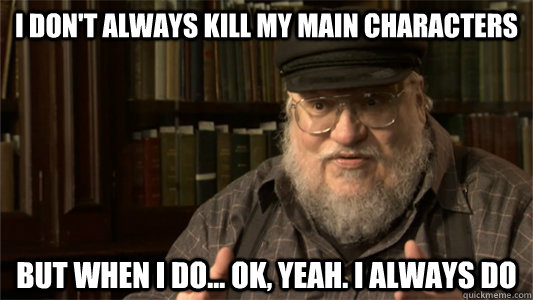


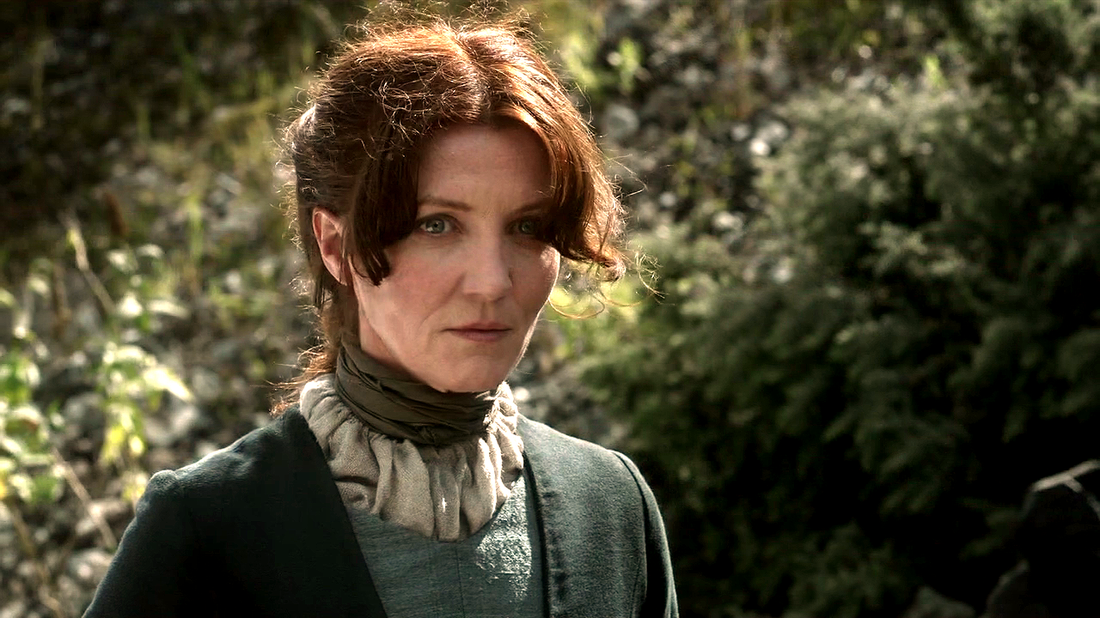

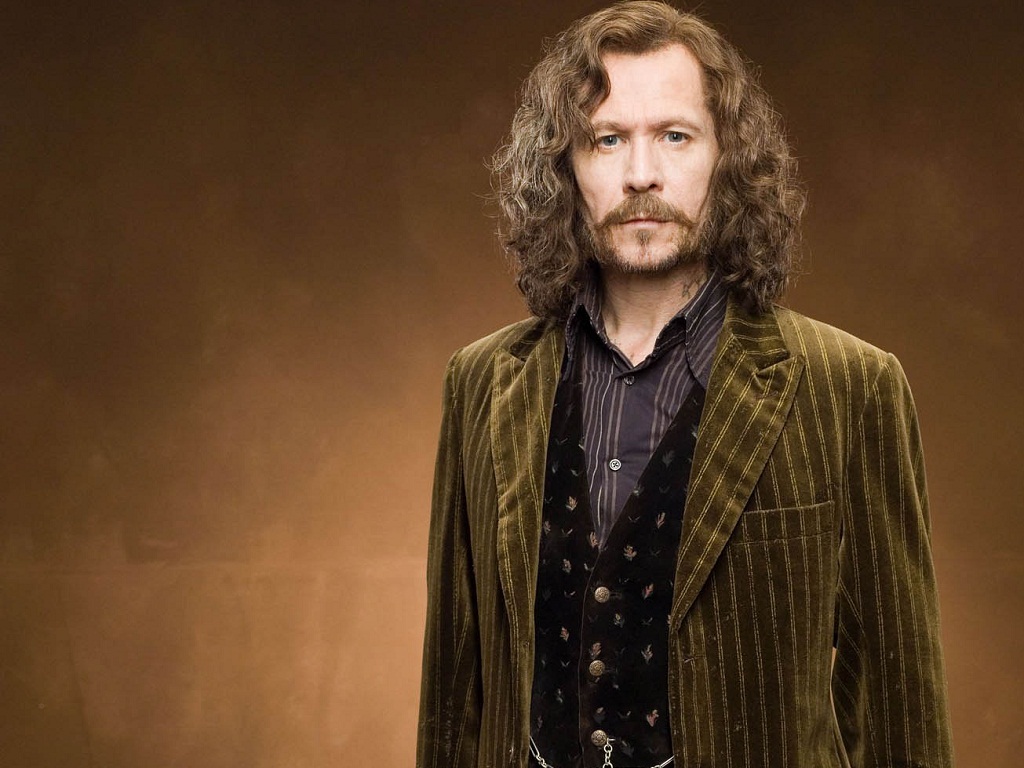

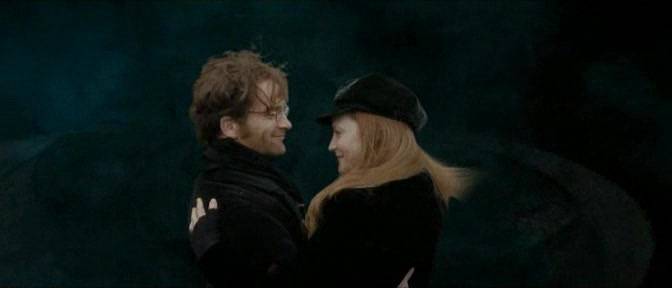
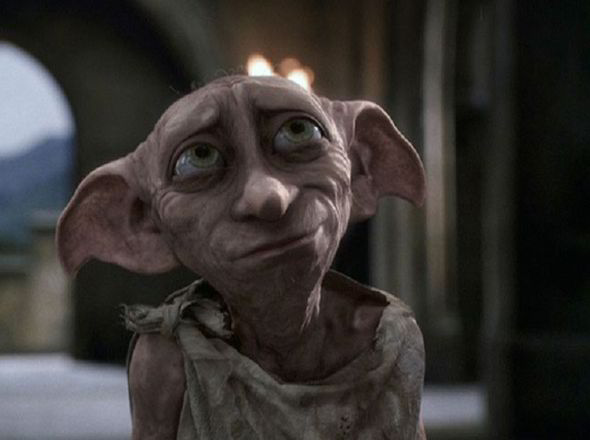
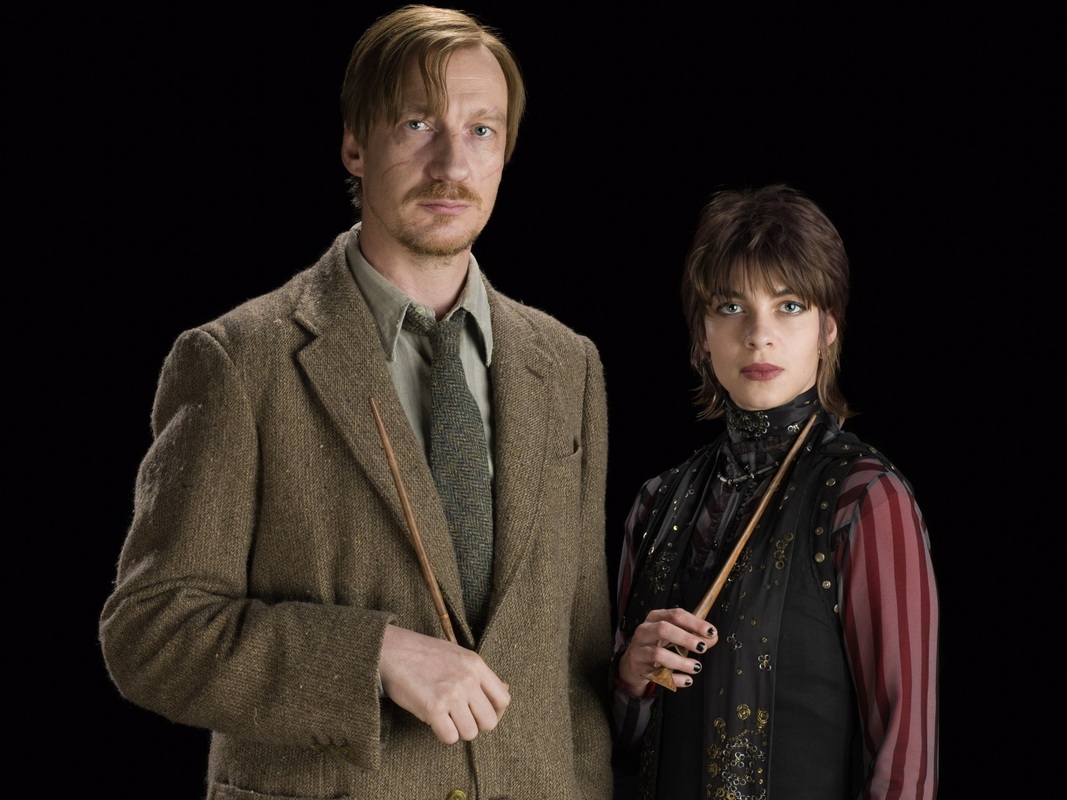
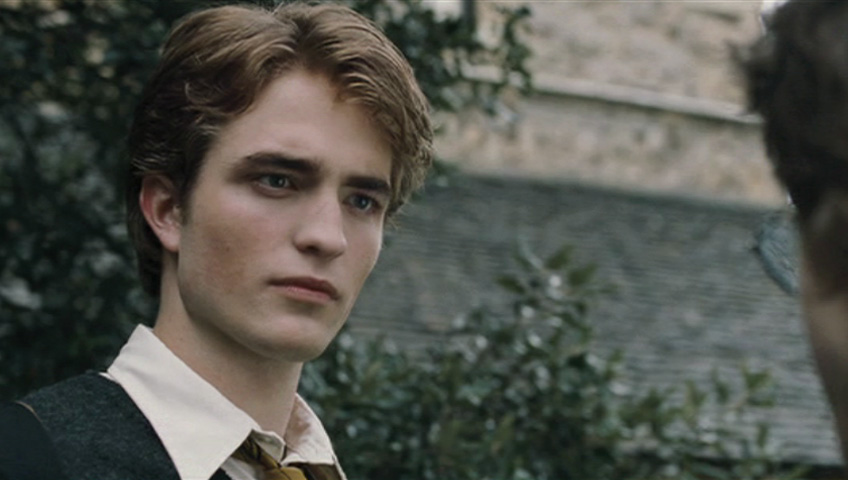

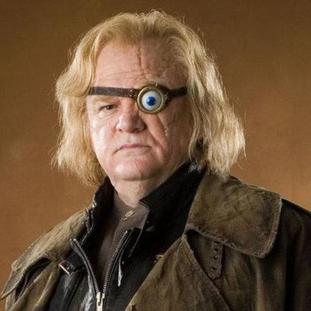
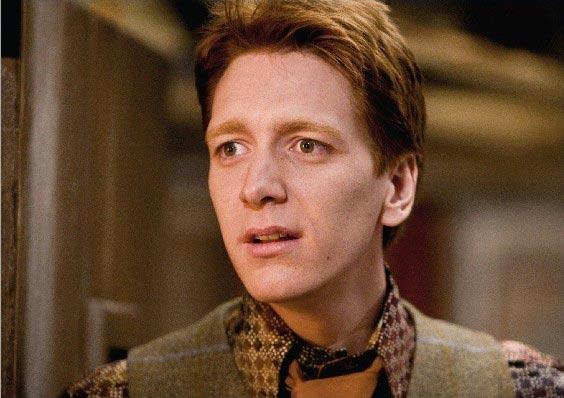


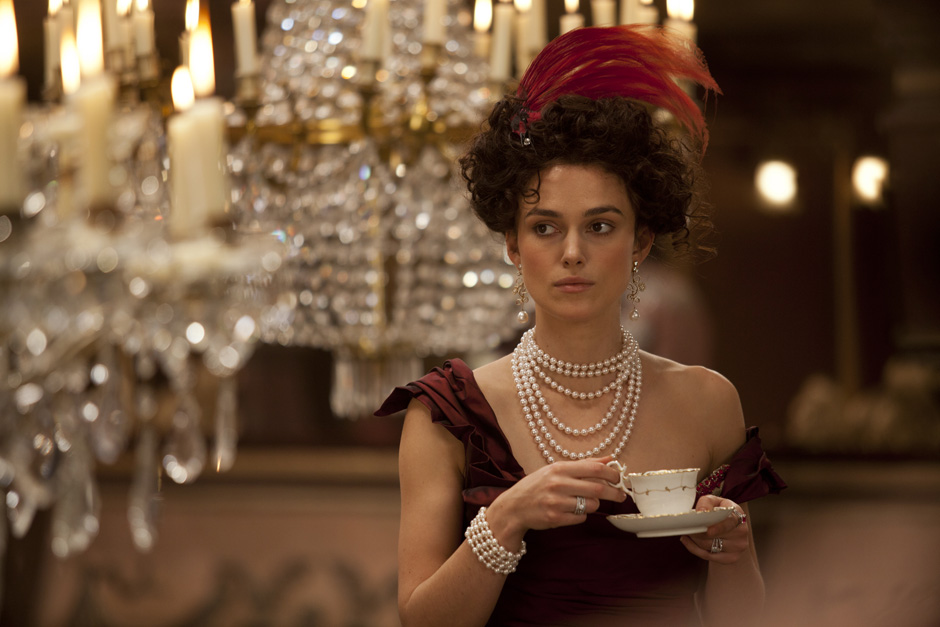


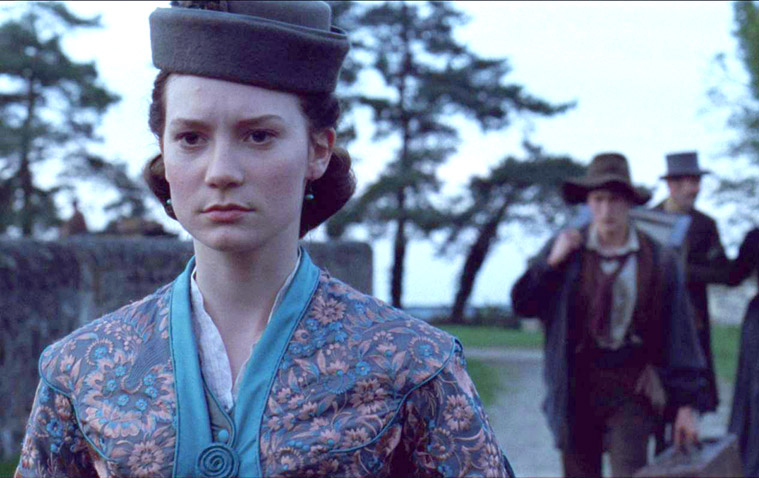
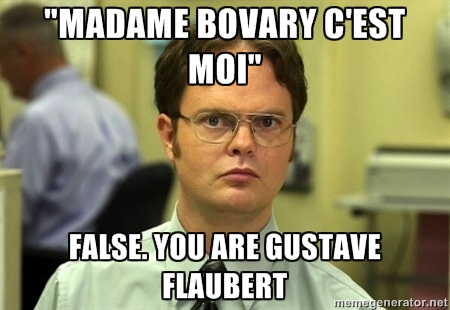
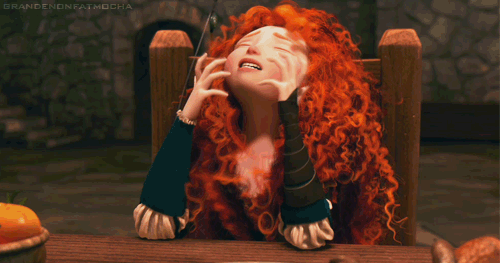
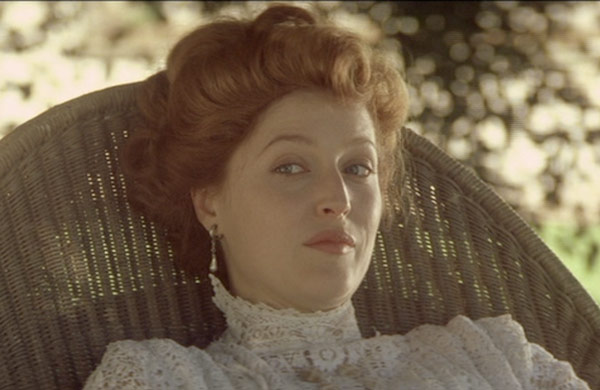
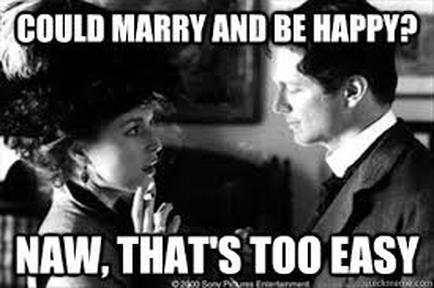

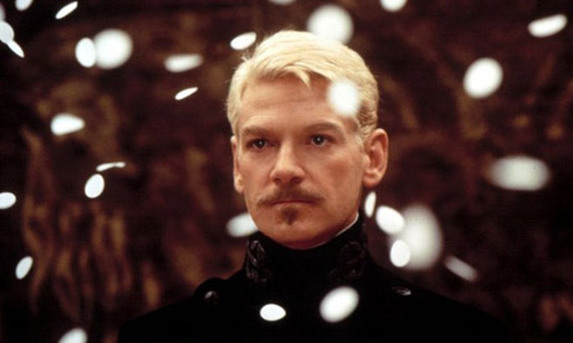
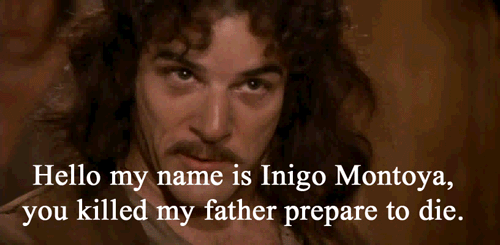

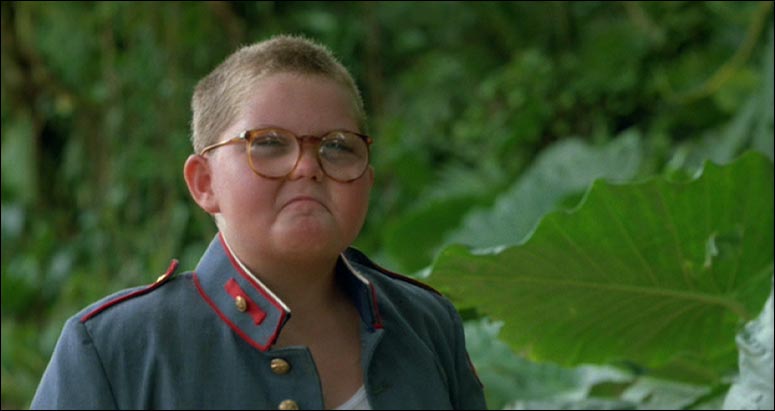
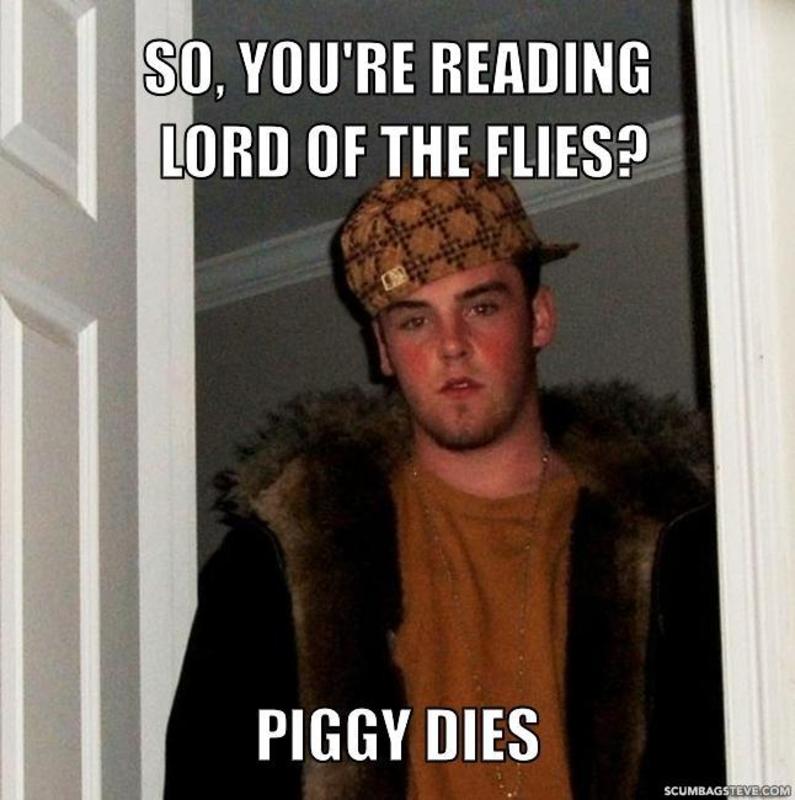



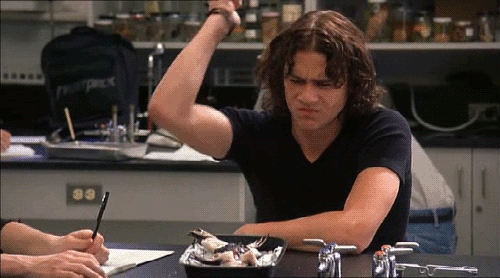
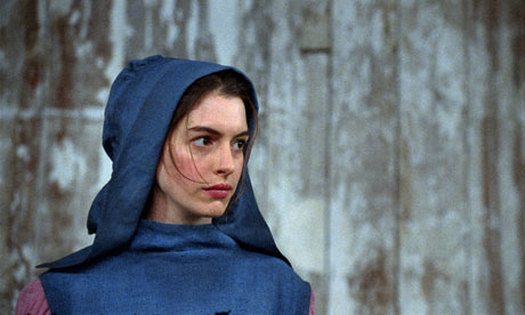


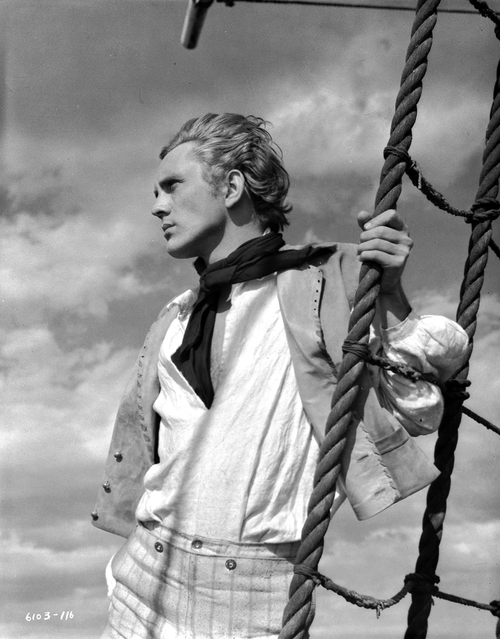
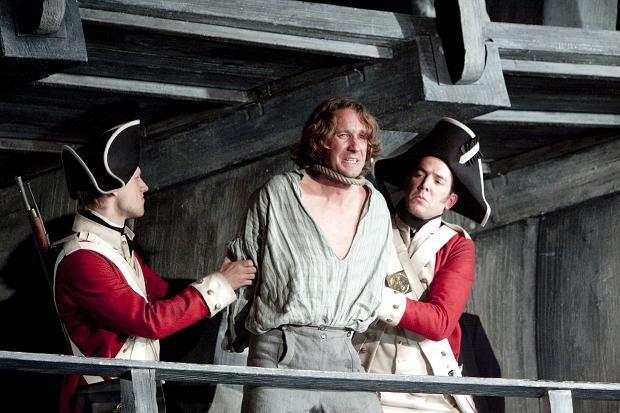

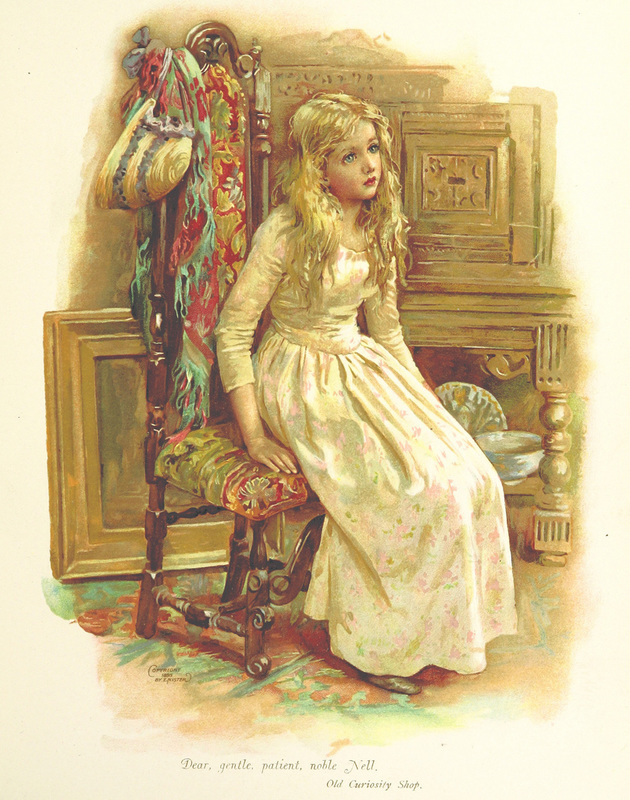


 RSS Feed
RSS Feed
